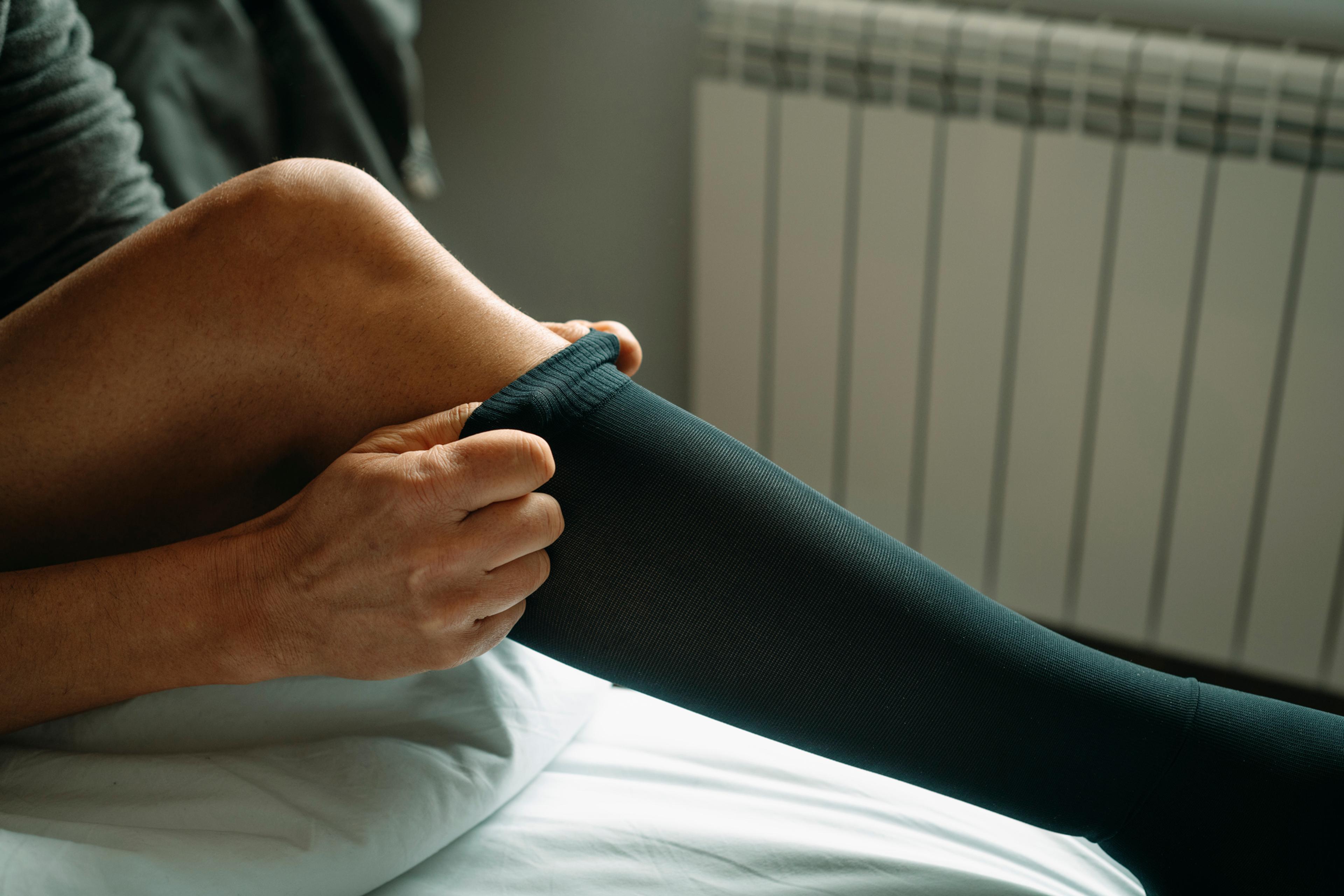Are Power Naps Really Effective for Recharging Your Energy?

Blue Daily
| 4 min read

On this episode, Chuck Gaidica is joined by Dr. Angela Seabright, Care Management Physician for Blue Cross Blue Shield of Michigan. Together, they discuss the benefits of power naps.
In this episode on power naps, Chuck and Dr. Seabright discuss what constitutes a “power nap,” how and when to take power naps, and what the potential benefits may be.
Many people feel a drop in energy, wakefulness and alertness after lunch or midday. There are many ways people approach this challenge and options for people to break out of this fog and get their energy back up. Today we’re focusing on naps which are free, accessible and up to you when you take them.
Can you take a nap without a groggy feeling after? Can you get the benefits of a power nap and sleep without feeling like it was a negative? There are ways to use power naps that are timely, effective and positive.
What is a power nap?
A power nap is a short nap anywhere from 10 to 30 minutes. This is long enough to reap the benefits of sleep without feeling sleep inertia, which is the term for that groggy, sleepy feeling after waking up. This happens when your body goes through a whole sleep cycle, usually around 90 minutes. By keeping your power naps shorter, you can avoid this effect on your circadian rhythm.
Longer naps are also more likely to affect how much or how well you can sleep at night. So, a shorter, more effective power nap allows you to avoid the sleep inertia and groggy feeling and should also avoid the negative effects longer naps can have on your nighttime sleep. The earlier in the afternoon you can have a power nap, the less likely it is to affect nighttime sleep as well.
What are the benefits of power naps?
The benefits of power naps have been known for a long time. Many cultures have a nap as part of a daily schedule, and famous figures including Leonardo Da Vinci, Thomas Edison, Frank Lloyd Wright and multiple US presidents all were known to make a habit of power napping. The first and primary benefit of power naps is the added energy and recovery from the sleep that you get.
Besides a boost in energy and alertness, you may notice improved mood, focus, attention and memory. In general, a healthy amount of sleep is good for your cardiovascular health, your metabolism, weight control and mood in the long-term, but the primary benefits of power naps specifically more so short-term effects on energy and alertness.
How to take a power nap
The ideal amount of time for a power nap will depend on you – everybody sleeps differently. Finding the right place, time and length of time to take a power nap will likely be a trial-and-error experience. It’s best to use an alarm to ensure you are keeping yourself to the correct window of time for a power nap and not oversleeping and risking sleep inertia setting in.
Early afternoon is often the best time for a power nap since our energy levels naturally dip around that time. If you find you are still waking up groggy or full of sleep inertia even after short power naps, maybe power naps simply aren’t the right technique for you.
If you experience regular insomnia or have trouble getting to sleep at night, trying out power naps may not be as effective and you don’t want to risk your nighttime sleep. It also may be difficult to keep yourself to a 30 minute or short nap. A consistent schedule for power naps and regular sleep will make falling asleep easier.
Remember that power naps are just one tool, and they don’t have to be the solution that works for you. There's a lot you can do to take charge of your sleep and your energy. Just don't forget to check in with your doctor, especially if you're feeling tired all the time, because it may indicate an underlying sleep condition or other medical problem.
Listen to the podcast, Why You Should Consider Power Naps, to hear the entire conversation. A Healthier Michigan Podcast is brought to you by Blue Cross Blue Shield of Michigan.
To hear more episodes on your smartphone or tablet, subscribe on Apple Podcast or Spotify or your favorite podcast app.
Image credit: Getty Images
Related:





